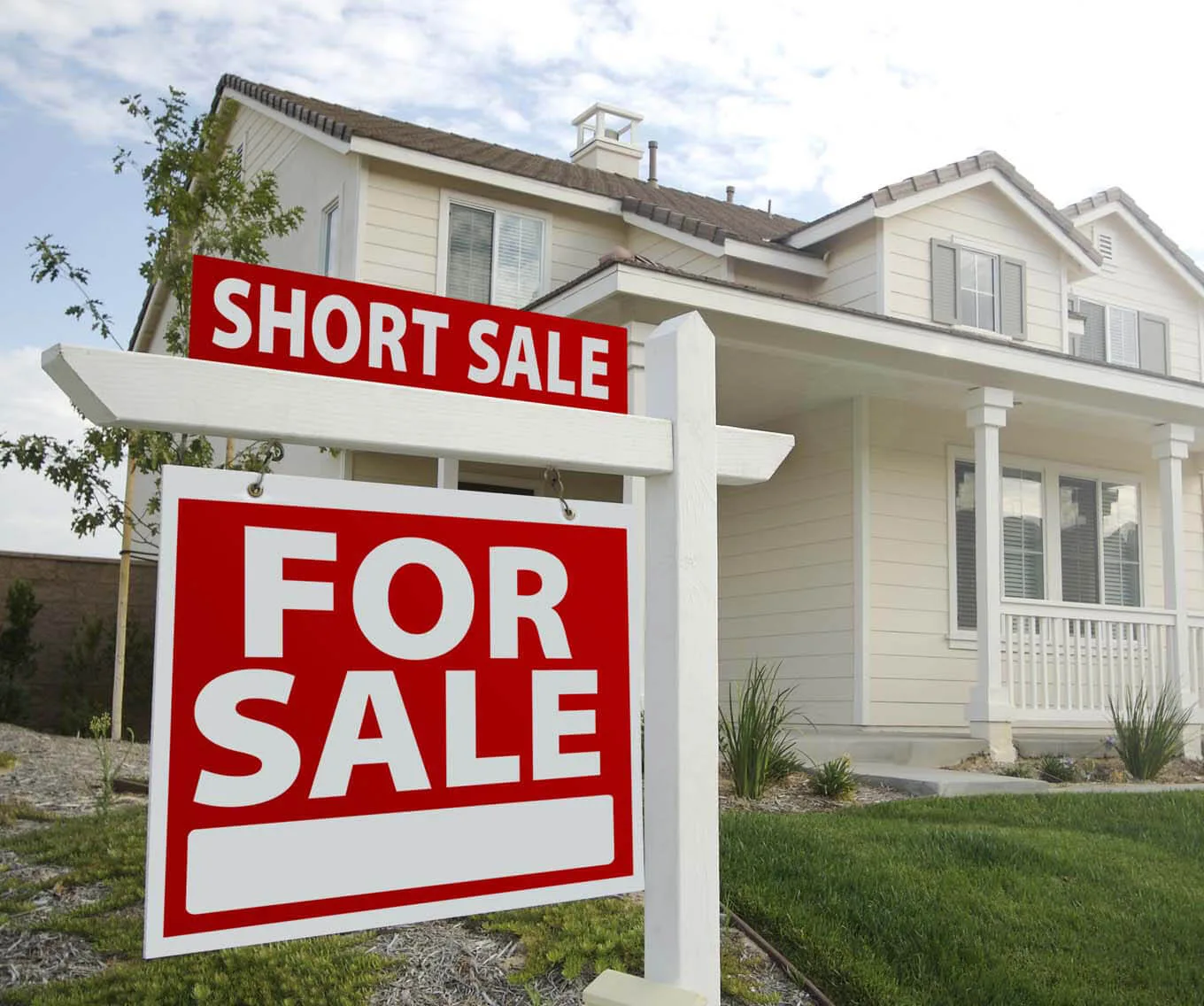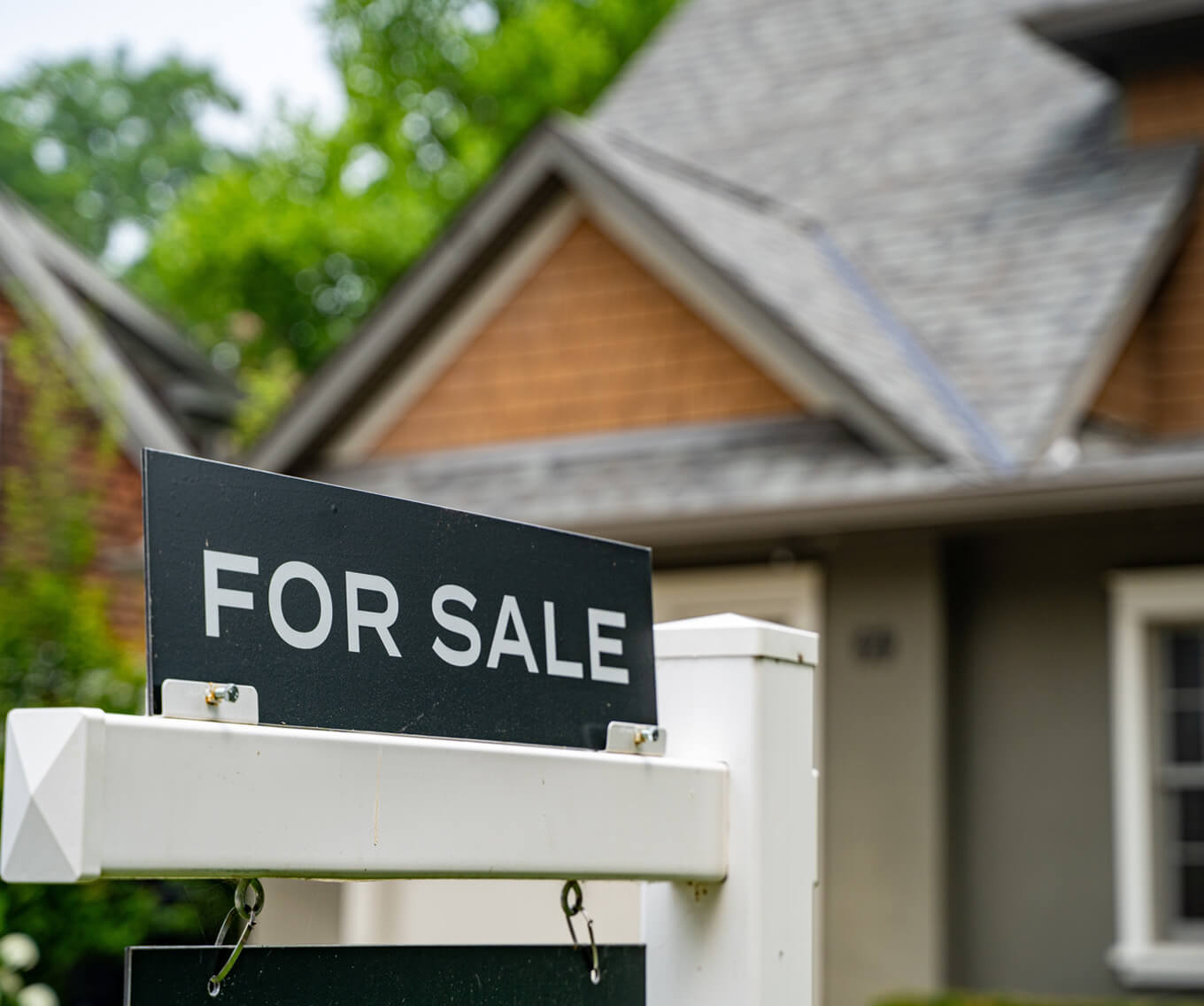What is homeowners insurance?
Homeowners insurance protects you financially after unexpected events affect your house and belongings. It acts as a safety net to cover the cost of rebuilding or fixing your home. It can also protect you against theft and liability.
If you have a mortgage, you must obtain a homeowners insurance policy. Even if you own your house outright, it’s still a good idea to have a comprehensive policy.
What does homeowners insurance cover?
Homeowners insurance covers four main areas:
- The structure of your home, including the roof and walls
- Your property within your home, such as appliances and furniture
- Bodily injury liability, which shields you if someone is injured on your property
- Additional living expenses, if you can’t live in your property due to a covered event
You can opt for additional insurance coverage. For instance, homeowners who live in areas prone to floods need flood protection. Earthquakes are another natural disaster that often requires a separate policy.
Figuring out what your policy covers is only half the battle. You also need to make sure it provides enough coverage for each area. You may need extra personal property coverage if you have a lot of valuables in your home, such as antiques, jewelry, or fine art.
What doesn’t homeowners insurance cover?
Homeowners insurance typically doesn’t cover the following:
- Wear and tear: Aging roofs and old appliances don’t receive coverage.
- Pest damage: Termites, rodents, and other pests usually aren’t included.
- Poor maintenance: Damage caused by lack of upkeep isn’t covered.
- Intentional damage: Damage caused on purpose by the homeowner or someone in the household.
- Floods: You’ll need separate flood insurance.
- Earthquakes: Requires a separate earthquake policy.
If you live in a high-risk area, talk to your insurance agent about add-on coverage. You may also need additional coverage if you use your home as a short-term rental (i.e., Airbnb or VRBO).
Average homeowners insurance cost 2025
According to MarketWatch, the average homeowners insurance cost in 2025 is $2,927 annually. That’s about $244 per month.
Many factors influence home insurance cost. These factors include your location, the age of your home, and the building materials that make up your residence. Even your credit score can impact your rates.
Instead of focusing on the national average, pay more attention to average rates in your home state. This will provide a better indicator of what you can expect to pay. Use this information to compare rates and shop quotes.
Average cost of homeowners insurance by state
States prone to natural disasters tend to have much higher homeowners insurance rates. Here’s a state-by-state breakdown of the average cost:
- Alabama: $3,534
- Alaska: $1,494
- Arizona: $1,748
- Arkansas: $1,764
- California: $1,972
- Colorado: $3,708
- Connecticut: $2,443
- Delaware: $1,423
- District of Columbia: $1,222
- Florida: $6,642
- Georgia: $1,645
- Hawaii: $749
- Idaho: $1,910
- Illinois: $1,934
- Indiana: $2,183
- Iowa: $2,423
- Kansas: $3,450
- Kentucky: $2,173
- Louisiana: $4,693
- Maine: $1,235
- Maryland: $1,911
- Massachusetts: $2,099
- Michigan: $2,181
- Minnesota: $3,008
- Mississippi: $2,563
- Missouri: $2,610
- Montana: $1,982
- Nebraska: $4,100
- Nevada: $961
- New Hampshire: $1,473
- New Jersey: $1,780
- New Mexico: $1,655
- New York: $1,877
- North Carolina: $2,237
- North Dakota: $1,948
- Ohio: $1,837
- Oklahoma: $4,027
- Oregon: $1,502
- Pennsylvania: $1,884
- Rhode Island: $1,940
- South Carolina: $2,899
- South Dakota: $3,797
- Tennessee: $3,135
- Texas: $3,721
- Utah: $1,631
- Vermont: $1,451
- Virginia: $1,519
- Washington: $2,193
- West Virginia: $2,126
- Wisconsin: $1,692
- Wyoming: $3,200
To calculate how these numbers would impact your monthly mortgage cost, simply divide the number by 12.
Is homeowners insurance required?
Laws do not mandate homeowners insurance. However, if you have a mortgage, your lender will require you to have a valid policy.
If your policy lapses, your lender may be able to find coverage on your behalf. While this will still protect your investment, it is highly unlikely to be the best rate. That’s why it pays to shop around.
When buying a home
If you are buying a home, you’ll have to submit proof of homeowners insurance before closing. The policy should have enough dwelling coverage to rebuild your home at current replacement costs.
Your insurance quote will also impact your closing costs. You will likely need to pay a full year’s worth of premiums to properly fund your escrow account. Your lender will pay your insurance premiums and property taxes out of this account.
When refinancing a home
If you are refinancing, your lender will also require you to have homeowners insurance. This is typically also paid through an escrow account. Refinancing could offer you a chance to reassess your policy and shop around for better rates or higher coverage limits.
Homeowners insurance for manufactured homes
Additional considerations exist when buying a manufactured or mobile home. Coverage typically includes the home itself, personal belongings, and liability for injuries that occur on your property.
However, you’ll want to make sure your policy covers things like wind or hail damage, which can be more common with manufactured homes. Ensure you set up your mobile home on a foundation. This can change your coverage options and rates.
Factors that impact home insurance cost
Some factors that impact the cost of your homeowners insurance include:
- Home size and age: Larger or older homes often cost more to insure because they may be more expensive to repair or rebuild.
- Building materials: Homes built with fire-resistant or durable materials may qualify for lower premiums.
- Risk of natural disasters like tornadoes and hurricanes: If you live in a high-risk area, your insurance costs will likely be higher.
- Your credit score: In many states, insurers use credit scores to help predict risk and set premiums.
- Your claims history: If you’ve filed multiple claims in the past, you may pay more for coverage.
- Proximity to fire stations: Homes closer to a fire station or hydrant may get lower rates due to faster emergency response times.
Higher coverage limits or lower deductibles will also increase your home insurance costs. Some homeowners opt for higher deductibles to reduce their monthly costs. Keep in mind that your lender may require you to stay under a certain premium threshold.
How to lower your homeowners insurance
Do you want to reduce your homeowners insurance rate? Here are six ways to save money without sacrificing coverage.
-
1
Shop around
You should always compare at least a few different rates before you take on a new policy. Ask for quotes from multiple providers or work with an insurance broker. Get at least three quotes annually or after making major changes to your home.
-
2
Bundle with other policies
Bundling with auto or other policies may earn you homeowners insurance discounts. Many insurers offer up to 10% to 20% savings for bundling. Check with your current agent to see what bundling plans they offer.
-
3
Renovate your home
Upgrading your home with security features can lower your premiums. Installing smoke detectors, burglar alarms, or smart water sensors reduces the risk of damage or theft. You may also be able to lower your insurance premiums by replacing building materials like an older roof.
-
4
Maintain your credit score
In some states, a strong credit score can lower your homeowners insurance rates. To take advantage of this, pay your bills on time and keep your credit card balances low. However, a few states prohibit insurers from using credit scores when issuing rates.
-
5
Ask about discounts
Insurers offer discounts for various reasons. For example, your age or profession could make you eligible for lower rates. Some providers offer discounts for nonsmokers. Ask your agent about these programs.
-
6
Stay claims-free
To keep your homeowners insurance costs down, avoid filing claims for minor issues. Frequent claims tell insurers that you are a higher risk client, which means you’ll pay higher rates. Use insurance for major losses and pay for minor repairs out of pocket.
Talk to a loan officer
Are you ready to save on homeowners insurance and reduce your monthly mortgage payment? Talk to a loan officer to discuss your options, which may include an escrow review or refinancing.
Homeowner insurance FAQs
-
Your policy may cover mold if it results from a covered peril, such as a busted pipe. On the other hand, neglect or poor maintenance typically excludes mold.
-
Hazard insurance is part of a standard homeowners policy. It covers specific perils like fire or storms.
-
Standard homeowners policies cover sudden plumbing issues, like burst pipes. However, your policy won’t cover gradual leaks that cause damage over time due to neglect.
-
No. However, if you use part of your home for business or rent it out, you may be able to deduct a portion of your policy.
-
Homeowners insurance covers water damage from events like burst pipes and certain natural disasters. However, it does not protect you from floods, including hurricane-related floods, unless you have specific add-on coverage.





